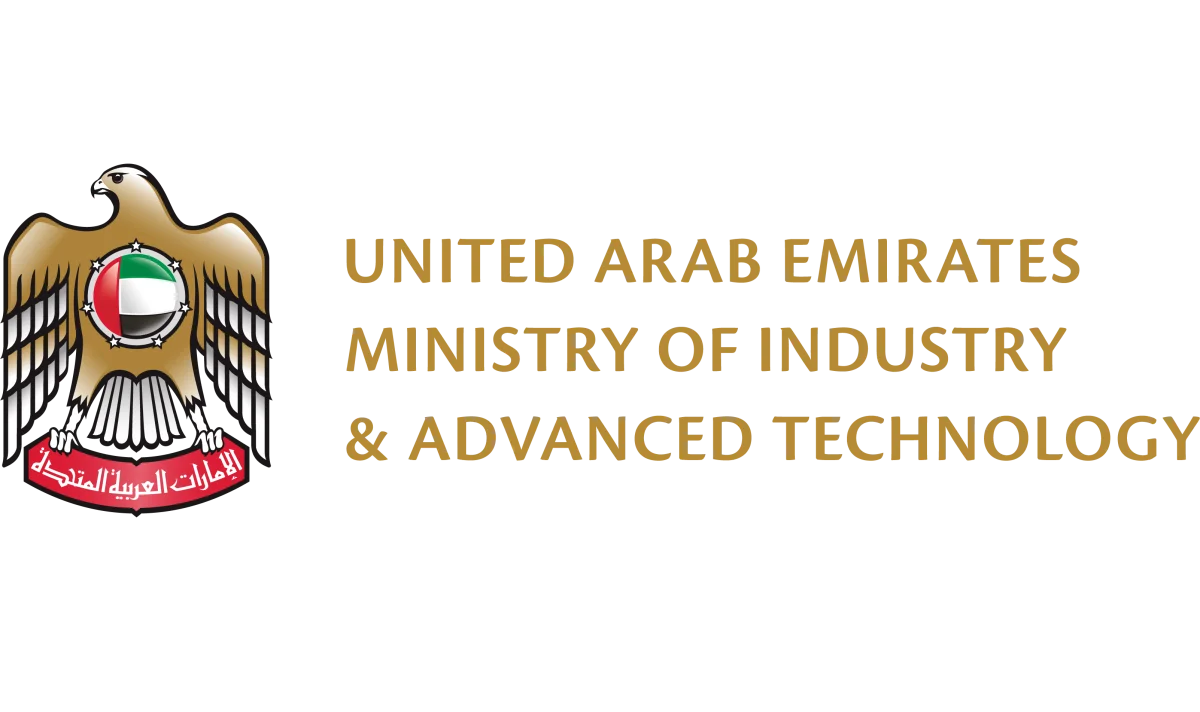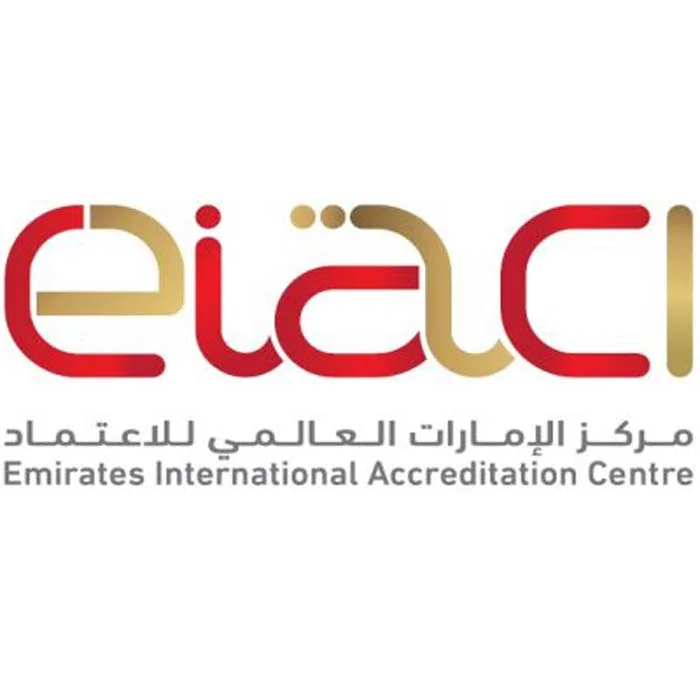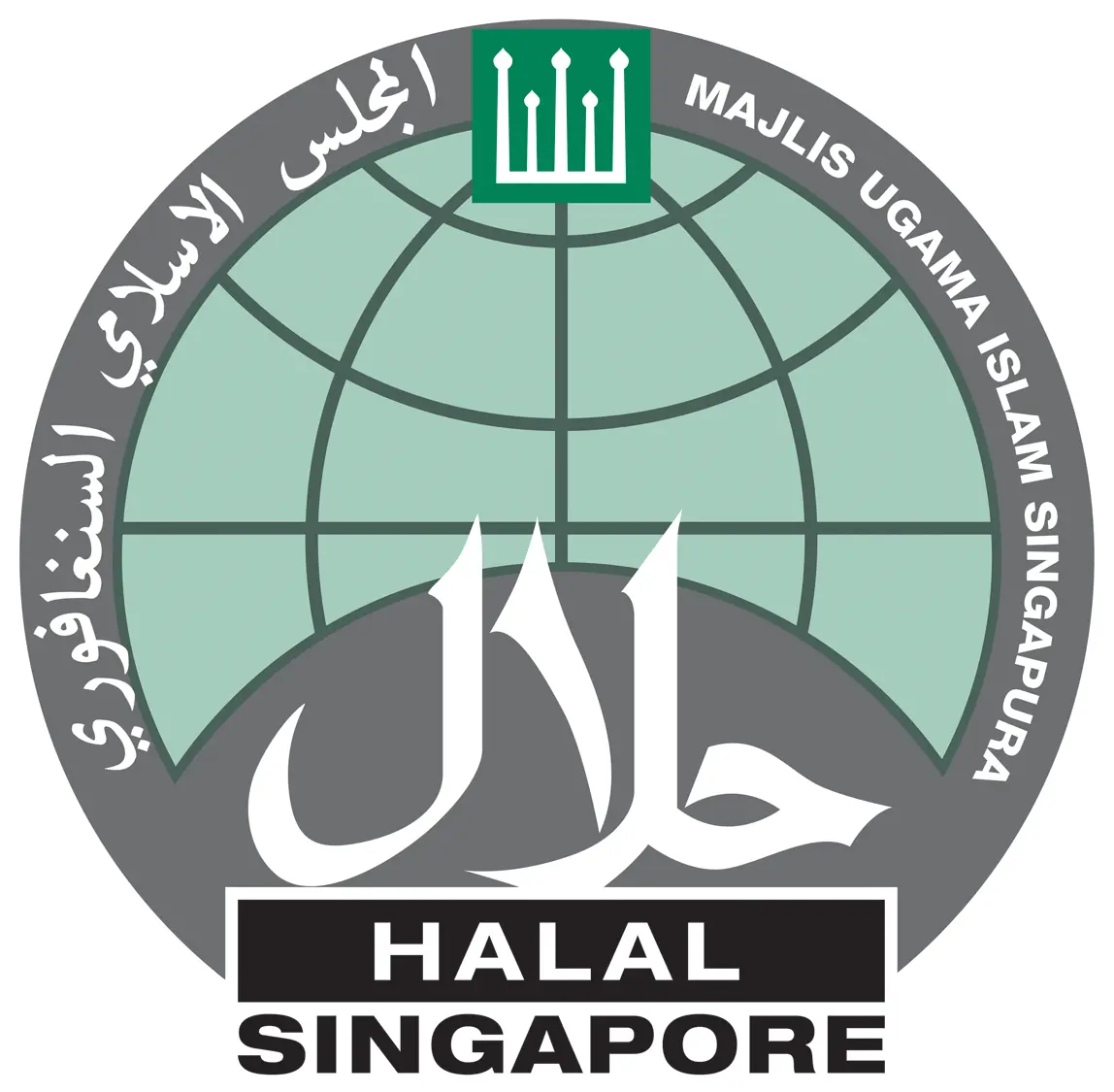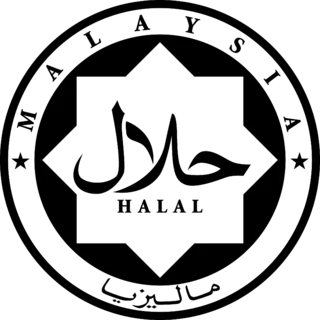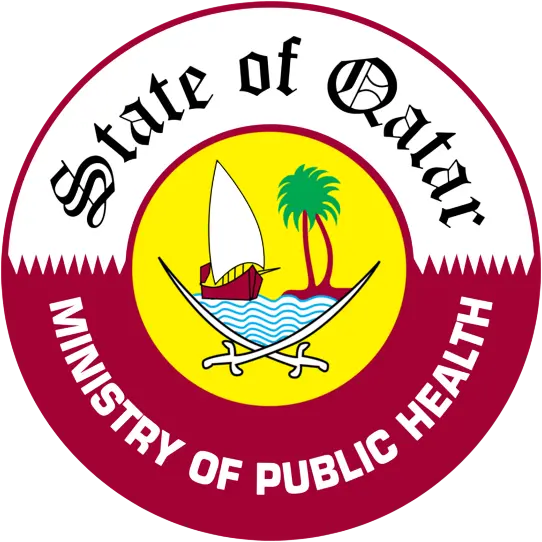Halal Certification
Everything you need to know about getting certified
Benefits of Halal Certification
Consumer Trust
Halal certification increases consumer confidence in your product's quality and religious compliance.
Access to New Markets
Expand your market reach to regions with high demand for Halal products.
Compliance with Religious Standards
Ensure your products meet the religious requirements for Halal certification.
Regulatory and Legal Compliance
Halal certification is crucial for meeting local and international regulations, ensuring market access, and gaining consumer trust across different regions.
Local Compliance
In many countries, especially those with significant Muslim populations, local laws require Halal certification for certain products such as food, beverages, chemical products, and slaughterhouses and meat processing. This certification ensures products meet Islamic dietary standards, which is a legal requirement in many markets.
For businesses seeking to expand in these markets, adhering to local Halal compliance laws is essential to avoid legal penalties and ensure market entry.
International Regulations
Halal certification is a significant factor for accessing international markets, particularly in regions such as the Middle East, Southeast Asia, and Africa. Exporting products to these regions often requires compliance with strict Halal regulations set by government bodies and regulatory authorities.
By obtaining Halal certification, companies can ensure their products meet the requirements for export, gaining access to large Muslim consumer markets worldwide.
Accreditation and Legal Oversight
Halal certification bodies are often accredited by recognized government agencies and international Halal councils. These bodies are responsible for ensuring that the certification process is transparent, reliable, and in line with both religious and legal standards.
Accreditation provides legal credibility and ensures that Halal certification is accepted and respected by consumers and regulatory bodies across the globe.
Consumer Trust and Compliance
Compliance with Halal regulations not only satisfies legal requirements but also boosts consumer confidence. Consumers, especially in Muslim-majority countries, actively seek out Halal-certified products to ensure adherence to religious practices.
By meeting these standards, companies can enhance brand loyalty, ensure legal compliance, and secure their position in highly competitive markets.
Ensuring Halal compliance is more than a legal requirement—it's a commitment to ethical practices, consumer trust, and global market opportunities.
Certification Process
Our streamlined certification process ensures that your products are Halal-compliant with minimal hassle. We guide you through every step to guarantee a smooth experience.
Step 1: Application Submission
Submit the Halal certification application with necessary documentation.
Step 2: Initial Review
Preliminary review of the application to ensure all required information is provided.
Step 3: On-site Audit
Assess the facility and production process to ensure compliance with Halal standards.
Step 4: Final Review
Comprehensive review of inspection and testing reports.
Step 5: Certification Issuance
Issuance of Halal certification if all criteria are met.
Step 6: Renewal & Monitoring
Ongoing monitoring and periodic renewal to maintain certification.
Step 7: Post-Certification Support
We provide ongoing support after certification to address any concerns or new compliance requirements.
Our Accreditation Partners
Types of Products We Certify
Food & Beverages
Halal certification for food and beverage products, ensuring compliance with dietary laws.
Slaughterhouses and Meat Processing
Certification for slaughterhouses and meat processing facilities, verifying their Halal status.
Chemical Products
Halal certification for medicines and pharmaceutical products.
Pricing Table
| Categories | Components | Price Range |
|---|---|---|
| Administrative Costs | Administration Fee Local/International Process Of Certification | 1000 TND |
| Company Size and Scope Costs | Site And Size Of The Company Category Of Scope Number Of Certified Products Risk Of The Company | 2500 - 3500 TND |
| Location | Location | Depending on the travel distance |
| Certified Products | Extension Of Certified Products Raw Material/Screening Products Annex Separation | 500 - 1000 TND |
| Inspection Fees | Inspection Fee | 100 - 250 TND |
Request an Estimate
Common Mistakes to Avoid
Ready to Get Certified?
Reach out to us today and ensure your products meet Halal standards.
Contact UsFrequently Asked Questions
Interactive Halal Certification Quiz
What is Halal certification?

